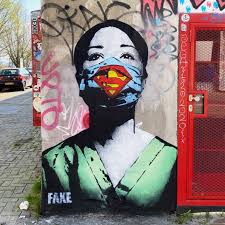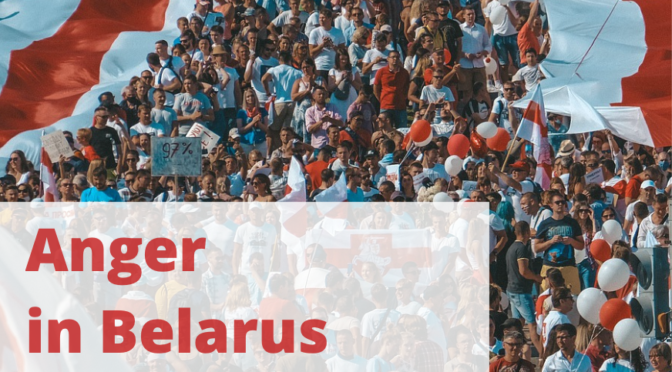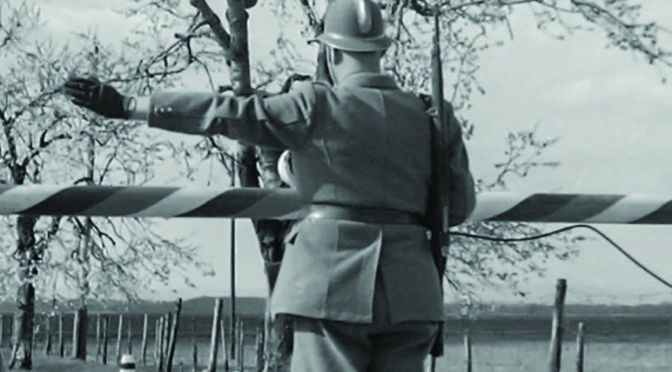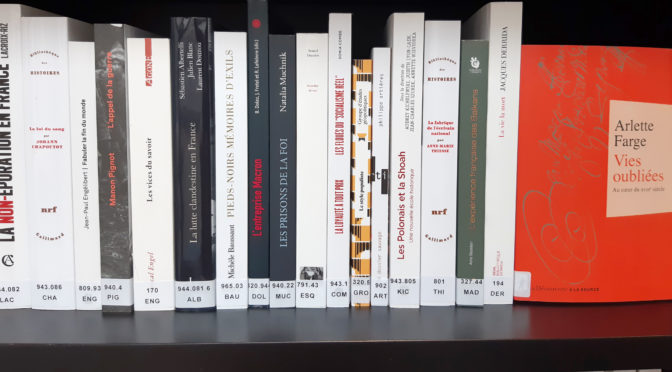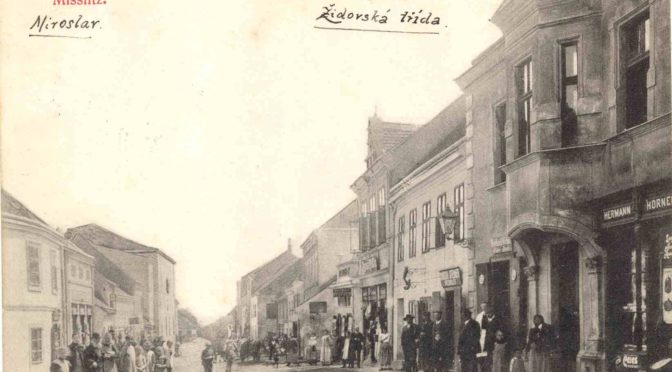International Seminar/Webinar
Venue: CEFRES (Na Florenci 3, Prague 1)
Date: September 16th 2020, 5-7pm
Organizer: CEFRES
Language: English
The seminar will take place simultaneously in person and online. Due to sanitary constraints, it is necessary to register to participate in person at the following address: cefres@cefres.cz
It is also possible to participate online at the following address: https://us02web.zoom.us/j/85162249844
The seminar will also be broadcast live on our Facebook page: https://www.facebook.com/cefres
Argumentary
Since June 2020, Belarus has been experiencing a series of popular mobilizations that threaten the authoritarian regime of Alexander Lukashenko, in power since 1994. This largely unexpected event raises important questions that will be examined during this seminar: on the genesis of this unprecedented unrest and the factors that made it possible; on the characteristics, modalities and significations of the mobilizations; on their ability to enlist or not enlist the majority of the Belarusian population, on the already perceptible effects of the protest on the relations between Belarus and Russia and on the possible role to be played by the European Union, etc. The seminar will bring together researchers and experts from different countries in order to compare their analyses and different possible scenarii.
Moderation :
Jérôme Heurtaux, Director of CEFRES, author of Pologne 1989. Comment le communisme s’est effondré, Codex, 2019.
Speakers:
Ronan Hervouet, Associate Professor at Bordeaux University, author of A Taste for Oppression. A Political Ethnography of Everyday Life in Belarus, Berghahn Books, to be published in 2021.
Anaïs Marin, UN Special Rapporteur on the situation of human rights in Belarus, Researcher at the Warsaw University (Centre de Civilisation Française et d’Études Francophones CCFEF), and Associate Fellow at the Chattam House Russia and Eurasia Program.
Alena Marková, Assistant Professor at the department of historical sociology of the Faculty of Humanities at Charles University (Prague) and Researcher on national processes in Central and Eastern Europe. Her PhD thesis focused on Belarus : ’The Belarusization Episode’ in the Process of Formation of the Belarusian Nation”.
Daniela Kolenovská, Head of the Department of Russian and East European Studies, Institute of International Studies, Faculty of Social Sciences, Charles University. She specialises in modern Russian history and foreign policy. In this context, she also deals with the anti-Soviet alternative of Belarusian national development in exile since 1917.
Detailed presentation of the speakers
Ronan Hervouet is Associate Professor at Bordeaux University and Researcher at the Centre Émile Durkheim. He previously taught economics and social sciences at the European Humanities University in Minsk from 1999 to 2001 and was the French director of the Franco-Belarusian Center of political Sciences and European Studies in Minsk from 2009 to 2012. He has previously published a book on Belarus, entitled Datcha blues. Existences ordinaires et dictature en Biélorussie (Belin, 2009). His second book on Belarus has just been published in French (Le goût des tyrans. Une ethnographie politique du quotidien en Biélorussie, Le Bord de l’eau, 2020) and will be published in English in March 2021 (A Taste for Oppression. A Political Ethnography of Everyday Life in Belarus, Berghahn Books, 2021).
Alena Marková is an Assistant Professor of the Department of Historical Sciences of the Faculty of Humanities, Charles University (Czech Republic). Her main research interests cover contemporary history of Eastern Europe, nationalism, nation-building, national identity, and post-socialist transformation. Dr Marková is a main grantee and a project coordinator of many Czech and international academic projects (4EU+ European Universities Alliance, GAČR, SVV CU, and others). She is an Associate Editor of The Journal of Belarusian Studies (Brill). Alena Marková’s latest book “The Road Toward Soviet Nation. Nationality Policy of Belarussization, 1924-1929” (“Šliach da savieckaj nacyji. Palityka bielarusizacyji, 1924-1929”, Minsk 2016) received the best historical monograph of the year 2016 award in Belarusian studies by the expert council of the International Congress of Belarusian Studies (Warsaw).

